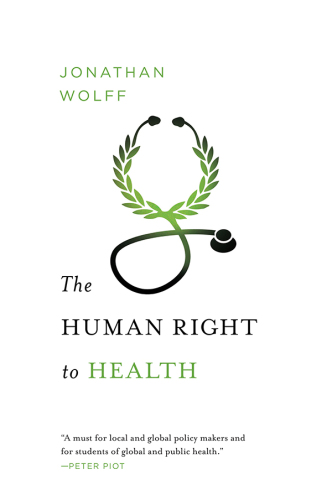
The Human Right to Health (Norton Global Ethics Series)
Norton Global Ethics
- اطلاعات
- نقد و بررسی
- دیدگاه کاربران
نقد و بررسی

January 2, 2012
University College London philosophy professor Wolff convincingly argues that good health care is a fundamental responsibility of governments to its citizens. Starting with John Locke in the 17th century, continuing to Eleanor Roosevelt in the mid-20th century, and ending with Melinda and Bill Gates today, Wolff (Disadvantage) artfully describes the bumpy, politicized road that advocates have traveled to add health to the American mantra of “life, liberty, and the pursuit of happiness.” In 1947, the World Health Organization took a major step when it asserted in its constitution that “the enjoyment of the highest attainable standard of health is one of the fundamental rights of every human being without distinction of race, religion, political belief, economic or social condition.” Putting health on equal footing with other human rights meant that governments had to take action in ensuring that all citizens could gain access to health care without discrimination. Wolff demonstrates how governments were seriously tested when the HIV/AIDS pandemic reared its ugly head in the early 1980s. Each generation is tested on its embrace of human rights as an article of binding faith, and, as Wolff reminds us, multilateral institutions like the World Bank can hinder governments from ensuring better health for their citizens. Most importantly, society must remain vigilant to ensure that no one is subject to discrimination based on his or her health status.




دیدگاه کاربران